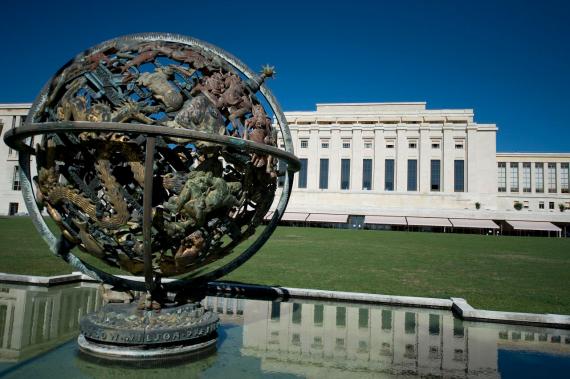Israel Between Uproar and Paralysis
A part of the controversial judicial reform has been approved by the Israeli parliament following the first reading
In the early hours of Tuesday, 11 July 2023, a part of the controversial judicial reform – the Reasonableness Standard Bill” – has been approved after its first reading at the Knesset. Supporters of the now-initiated bill are hopeful that this will end what they deem an unjustified and undemocratic interference of the Supreme Court in government decisions. Critics, however, consider this step a threat to the separation of powers. Protests erupted inside and outside the Knesset as a result of the first reading of the bill. It should be noted that the demonstrations against the policies of the government, especially the judicial reform, now continue into their 27th week. A vibrant civil society consisting of different societal sector and political streams has been taking to the streets every single week since the beginning of this year to peacefully demonstrate for democratic values. Over the course of the past few weeks, these protests have been taking on a new dimension in the form of substantial road blocks and with tyres being burned. The response of the security forces, on the other hand, is growing increasingly firm. However, the protests shed light on other aspects as well. While the judicial reform might be a primary factor, these events also indicate the extent to which Israeli society is divided.












